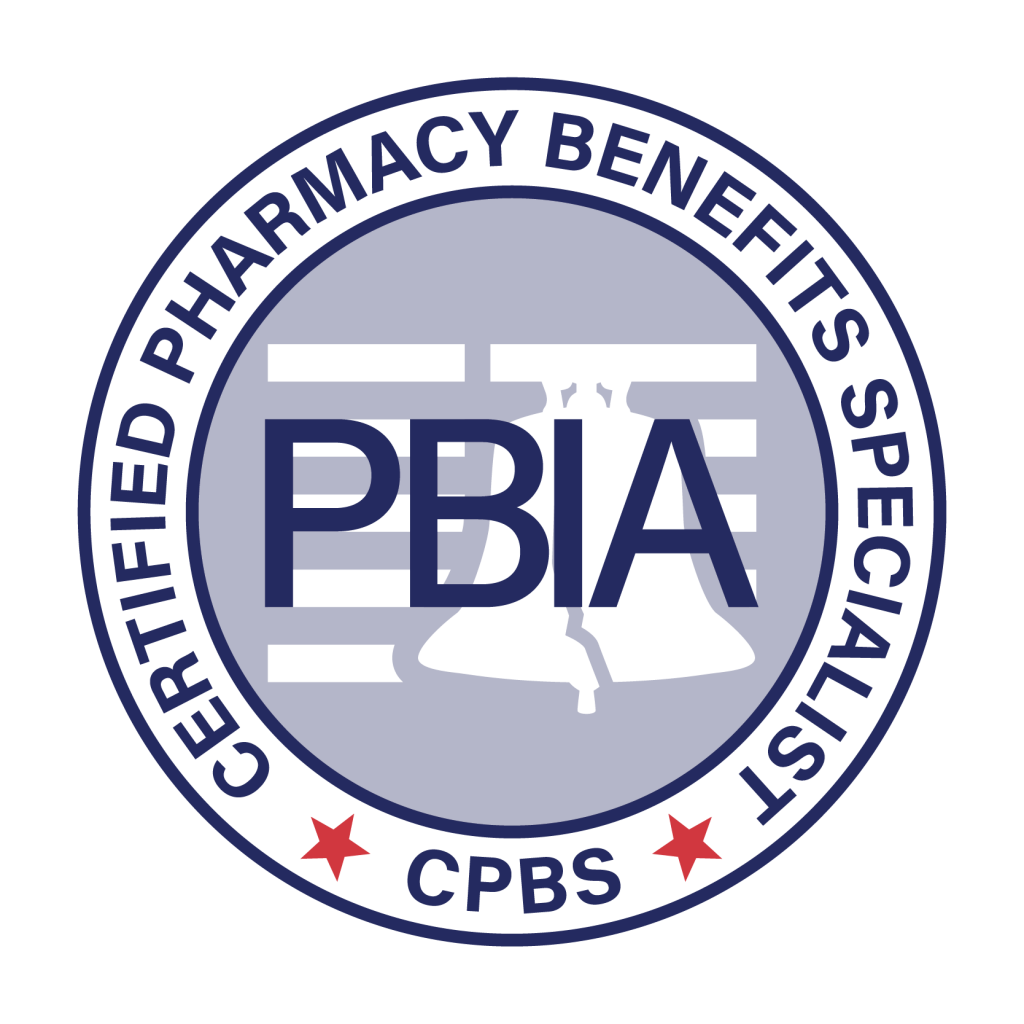Top threats and priorities in employer-sponsored health plan benefits and other notes from around the interweb:
- Federal Judge Rules Cheaper Drugs Can Be Imported From Canada. In a setback to the pharmaceutical industry, a federal judge has tossed a lawsuit that sought to prevent state governments from importing medicines from Canada. And the decision is likely to embolden more states to now consider the approach as they look to lower the cost of prescription drugs. The 26-page ruling noted that to have standing, plaintiffs must prove that they have suffered an “injury in fact,” that the injury is traceable to the defendants’ conduct, and that the injury is likely to be remedied by a favorable decision. And in two distinct aspects, the plaintiffs had no standing to bring the case against the federal agencies, Kelly ruled. The DC Circuit Court has struck a blow against the pharmaceutical lobbying group PhRMA and other plaintiffs’ attempt to stop states from importing drugs from Canada. Joined alongside public health group Partnership for Safe Medicines and advocacy group Council for Affordable Health Coverage, PhRMA was rebuffed by Judge Timothy Kelly, who dismissed the civil suit due to a lack of standing.
- 7 Key Facts About Biosimilars. When describing biosimilars to patients, remind them that in their simplest form, medications are chemical structures, with some comprising simple, small molecules or pieces, while others are more complex. Biosimilars are made of complex chemical structures. Because biosimilars are complex medications, there are often products that treat complex conditions, such as insulin for diabetes and other biosimilars for conditions, such as multiple sclerosis or psoriasis. Many biosimilars are dispensed by specialty pharmacies, which provide medications that are typically expensive for medical conditions that are intricate and often difficult to treat. The FDA approved the first biosimilar, Zarxio (filgrastim-sndz) on March 6, 2015, for the reference product Neupogen. Zarxio was approved for all indications included on the reference product’s label, which is not the case for all biosimilars.
- Top Threats, Priorities in Employer-Sponsored Health Plan Benefits. Employers shared the main threats and priorities that they encounter as they try to manage employer-sponsored health plan benefits, according to a survey from the Midwest Business Group on Health (MBGH). The organization surveyed almost 60 large, self-insured employers from a broad span of industries. The survey was conducted in 2022. The top three threats to employer-sponsored healthcare coverage according to employer respondents were: high-cost pharmacy claims (94 percent), medical inflation (91 percent), and extremely expensive therapies with Food and Drug Administration approval (91 percent). Other obstacles included expensive medical claims, specialty drug spending, and high-cost patient populations. In response to these and other threats, employers highlighted certain priorities, from managing pharmacy costs to bolstering mental healthcare services. Nearly all the employers indicated that engagement in programs and benefits was a key priority for their health benefits strategies (96 percent) as well as communication around health benefits (94 percent). Over 90 percent of employers also mentioned that financial wellness, mental health, well-being, chronic disease management, preventive care services, and specialty drug management were also priorities. Most employers also agreed that diversity, equity and inclusion and the culture around health in their companies were priorities.
- For commonly used medications, employer-sponsored plans pay up to 3,350 percent higher than Medicare. According to a research letter published in JAMA Health Forum and based on data from employer-sponsored insurance, Medicare pays substantially lower rates for medications prescribed by doctors. From 2016 through 2020, researchers at the Healthcare Cost Institute examined the per-unit costs of the 10 most costly and 10 most often used prescription medications. Employer-sponsored insurance paid costs that were up to 3,350 percent more than Medicare for the most frequently used medications. Employer-sponsored insurance paid 20 times more for ondansetron and paid 30 times more for midazolam than Medicare did for the same medication. The researchers discovered that employer-sponsored plans did not pay as high markups for the most expensive medications. At the top end, markups were 54% higher than Medicare, and several medications were covered at rates comparable to Medicare by employer-sponsored plans.
